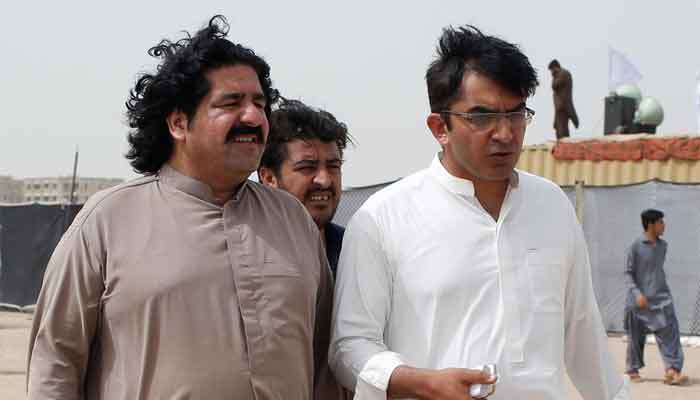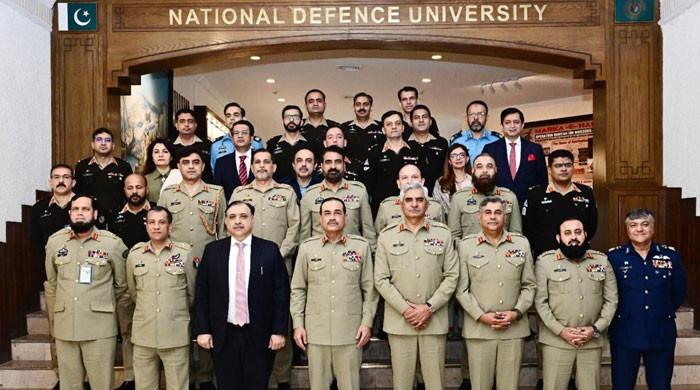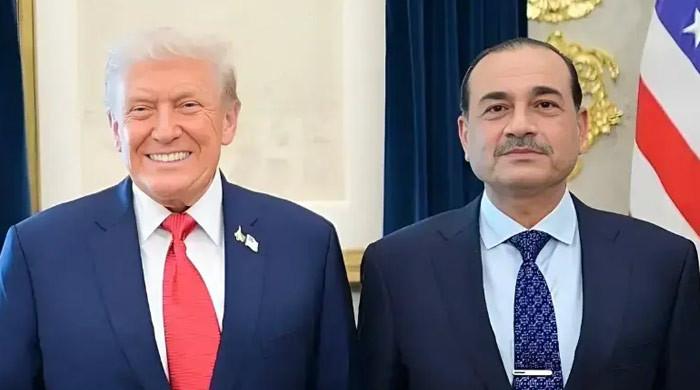Kharqamar case against PTM withdrawn
13 people had been killed and multiple injured in North Waziristan when a military checkpost was allegedly attacked last year
October 14, 2020

ISLAMABAD: The Kharqamar case against the Pashtun Tahafuz Movement (PTM) was withdrawn on Wednesday, with MNAs Mohsin Dawar and Ali Wazir Khan being acquitted of all charges.
An FIR was registered against PTM workers for allegedly attacking a military checkpost at Kharqamar in North Waziristan on May 26 last year. Thirteen people were killed and multiple were injured when the clash took place.
The case, which was being heard by an anti-terrorism court in Bannu, was transferred to an ATC in Abbottabad. The Khyber Pakhtunkhwa government had filed a petition, requesting the court that it wanted to withdraw the case.
The development had originated after the PTM had accepted the government's offer for talks and urged it to take "confidence-building measures".
The ISPR had stated that a group led by Dawar and Ali Wazir assaulted Kharqamar check post in Boyya, North Waziristan tribal district on May 26.
"They wanted to exert pressure for the release of suspected terrorists’ facilitator arrested the other day. Troops at the check post exercised maximum restraint in the face of provocation and direct firing on the post," the Pakistan Army's media wing had said.
ISPR had added that five soldiers were injured due to the firing of the group.
ISPR had further said that three individuals who attacked the check post lost their lives while the 10 injured were evacuated to the Army hospital for treatment.
MNA Ali Wazir, along with eight others, were arrested.
In a tweet DG ISPR Major General Asif Ghafoor said that only a few people were inciting and using violence against state institutions.
“Only few are inciting and using them against state institutions for vested agenda. No one will be allowed to undo the gains of decades long national struggle & sacrifices especially of brave Pakistani tribals.”









